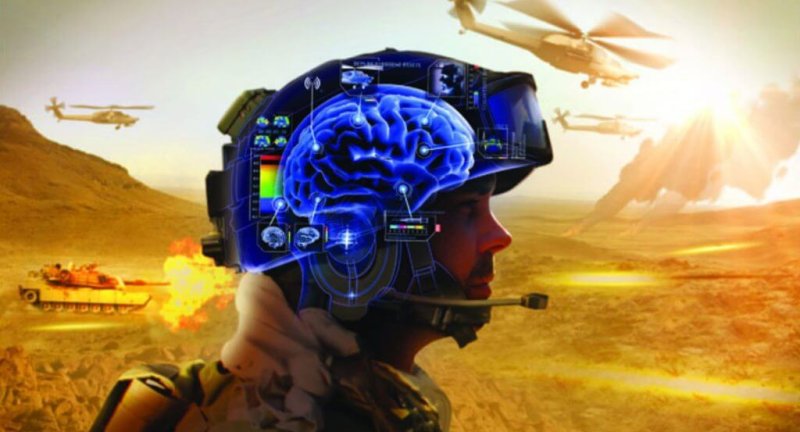…
The Next-Generation Nonsurgical Neurotechnology (N3) program will fund research on tech that can transmit high-fidelity signals between the brain and some external machine without requiring that the user be cut open for rewiring or implantation.
…
It hasn’t escaped DARPA’s attention that no-surgery-required brain gear that gives people superpowers may find applications beyond the military. The proof-of-concept tech that comes out of the N3 program may lead to consumer products, says Justin Sanchez, director of DARPA’s Biological Technologies Office. “ This will spawn new industries,” he says.
…
DARPA doesn’t want its new brain tech to require even a tiny incision. Instead, minutely invasive tech might come into the body in the form of an injection, a pill, or even a nasal spray. Emondi imagines “nanotransducers” that can sit inside neurons, converting the electrical signal when it fires into some other type of signal that can be picked up through the skull.
By the end of the 4-year program, DARPA expects all researchers to be ready to demo their tech with a “defense-relevant task.” For example, a demonstrator might use brain signals to pilot a drone.
Read full, original post: DARPA Wants Brain Interfaces for Able-Bodied Warfighters































